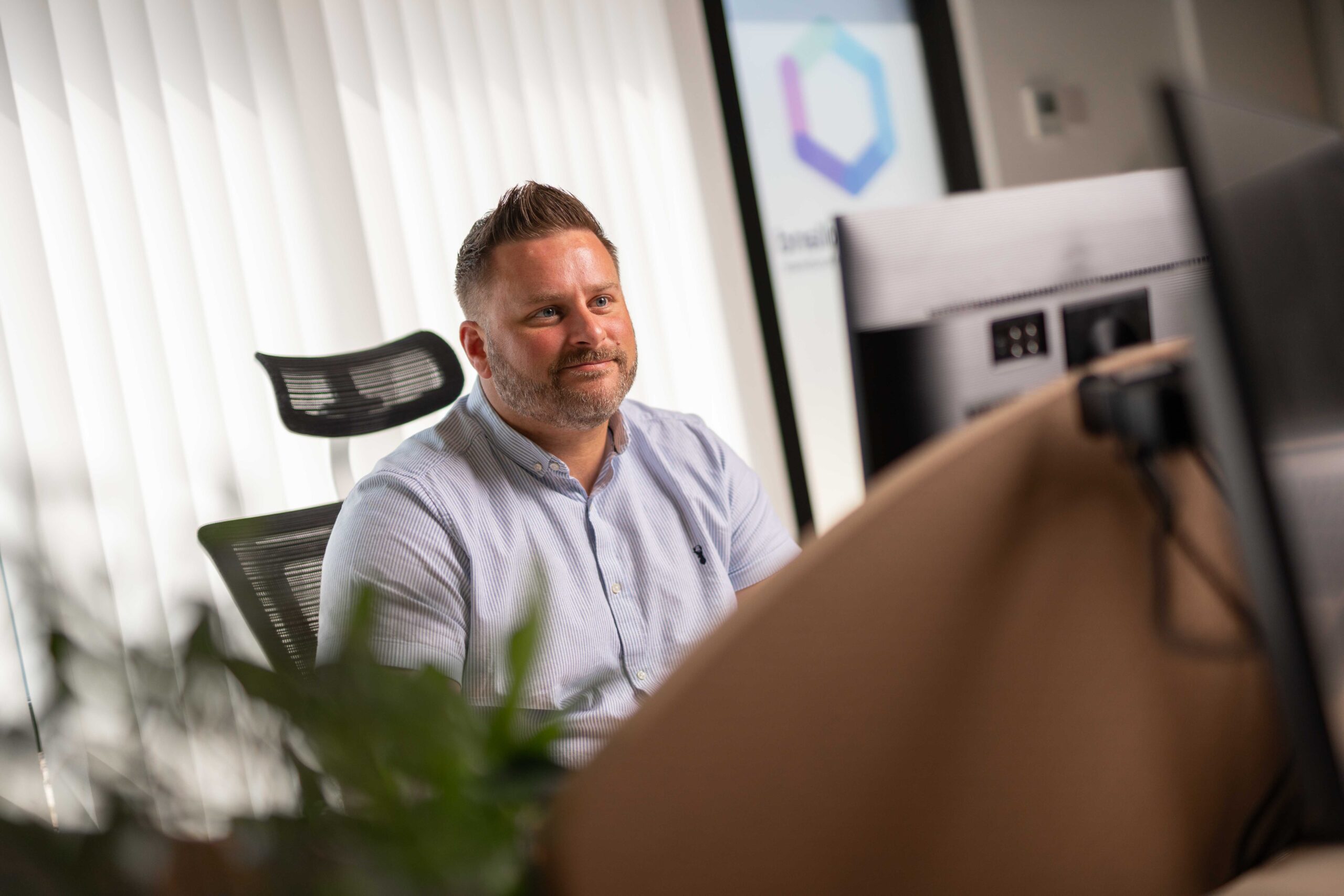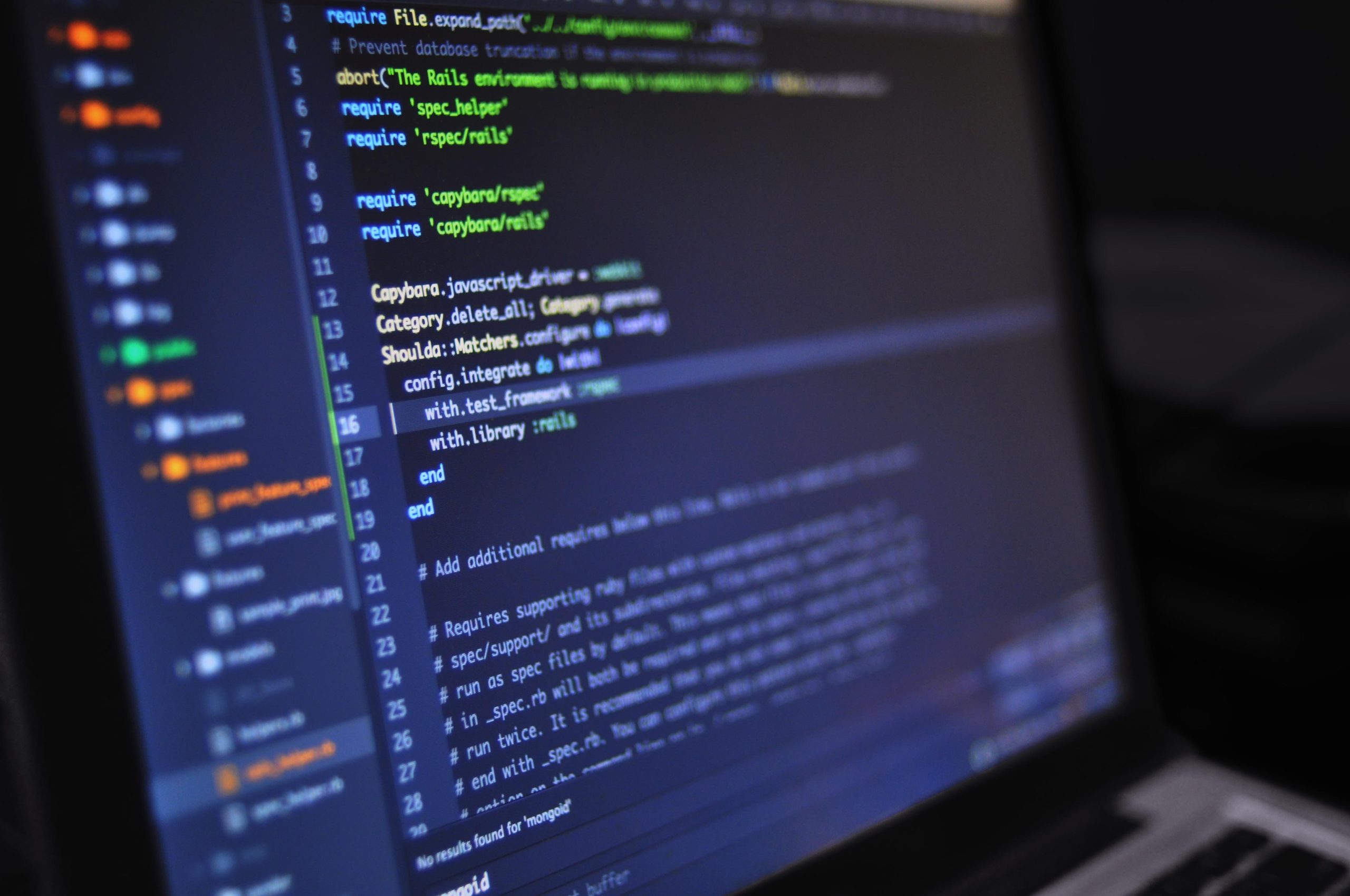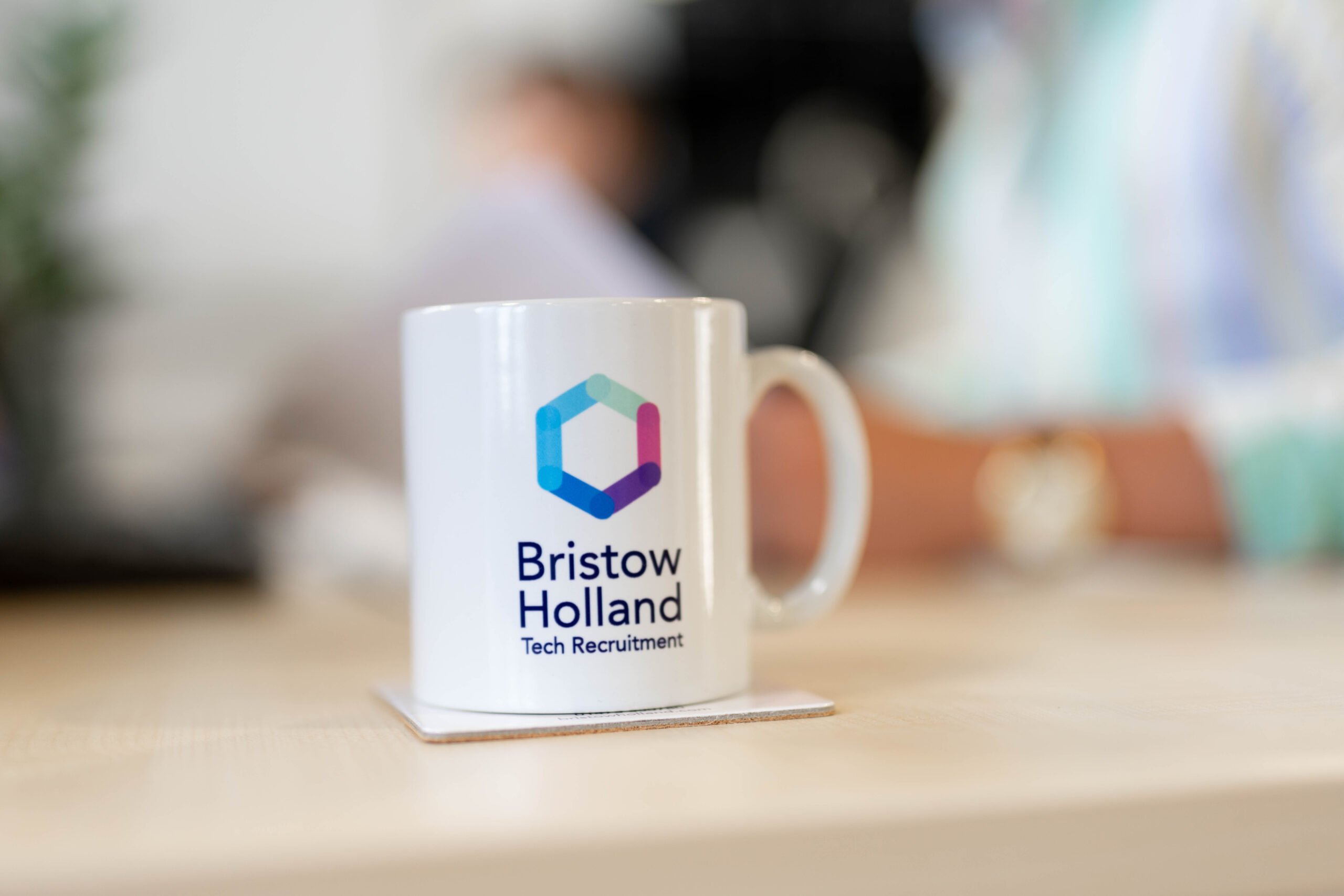Onscreen Chemistry – it’s going to be easier than ever to move jobs
In the last 20 years, there have been an infinite amount of products and technologies launched with the aim of...
In the last 20 years, there have been an infinite amount of products and technologies launched with the aim of making recruitment easier, I should know I’ve been pitched most of them. For candidates, there have been advancements that have smoothed the recruitment process going all the way back to emailing rather than posting a CV (this was a big step at one stage), job boards replacing newspaper ads and Linkedin giving a platform for people to showcase their talents and wait for the connections, yet the fundamental process has remained the same: numerous telephone calls and face to face meetings with recruiters and employers in the hope that one pays off all while juggling a full-time job and other commitments.
Frankly, looking for a new job is a bit of a drag!
Our third national lockdown has further postponed the return to any sort of normality to the recruitment landscape and such is the pace that the market is moving at right now (we’ve been busier than we were last January) it’s been easy to forget that the processes we are following which feel like second nature are actually a massive departure from the way things had been done for the whole of my previous 20 years in recruitment.
From video interviewing to remote onboarding and working from your dining table the speed of adoption has been impressive and whilst people do miss the interaction, the feedback I’ve had in most cases is that productivity has shot up. It’s not controversial to say that the case for remote working and recruiting has been made and adopted widely.  However, pending successful vaccination of the population, we will soon be in a situation where the remote way of working goes from being a “must do” to a “can-do”, it will become optional and looking ahead how might the recruiting process look next year?
However, pending successful vaccination of the population, we will soon be in a situation where the remote way of working goes from being a “must do” to a “can-do”, it will become optional and looking ahead how might the recruiting process look next year?
My expectation is that the first stage of interviews will almost certainly continue to be conducted remotely, coordinated to happen on the days that prospective employees are based from home, it’s possible that some second stage interviews could remain remote but I think it’s more likely and preferable for both parties, that second stage interviews will be conducted in the old fashioned face to face way.
It’s preferable because I personally think it’s important for employees to see, smell and feel that the fabric of the company they are joining. I believe that many business owners feel the same and will be retaining their premises despite some predictions to the contrary.
If I’m correct this will present both opportunities and traps for both job seekers and hirers…

Candidates
Although the pandemic feels like it’s been going on forever most people only change job every few years and many have been reluctant to move in the last 12 months. When people next look for work whilst they will no doubt be familiar with video calling technology, many will have never taken part in a remote interview whereas they could be competing against others who are dab hands at it. Does this make a difference? Potentially. Speaking to strangers over video is a skill, you will talk over each other, there will be gaps in communication and misunderstandings and how candidates react to this will contribute to the magical “chemistry” that employers are looking for at first interview. One of the reasons remote interviewing has been so successful is that those who are easy communicators in face to face scenarios tend to be comfortable over video too which gives interviewers confidence in the format.
What if you are not the best communicator or tend freeze up in interviews, will it be even more awkward over video? Unfortunately, that may well happen and you may find things challenging at first but here is where one of the big opportunities potentially lies. Under the “old way” of doing things there was never any chance to review your performance, the best you could do was request some anodyne feedback but now a whole realm of possibilities presents itself. Why shouldn’t you record and review your performance afterwards? You’ll need to ask permission first but assuming everyone is happy you will have the opportunity to identify the times you struggled and keep an eye out for distractions and improvements to be made for the future, was the lighting and camera angle good, did you keep fiddling with your hair/beard, were you engaging and responsive? The chance to properly review and improve your own interview technique is potentially a game changer and a leveller for those that do not naturally perform well in these scenarios.
The other big opportunity for candidates is, well, opportunity. With at least a partial switch to home working all of a sudden attending an interview doesn’t have to be the drama it once was, simply line it up at a time that suits you and all of a sudden the number of opportunities you have the time to consider has multiplied.
Hirers
Interviewing people in their own homes certainly gives employers that chance to streamline their processes and will benefit those that move quickly to book remote interviews and get the process moving. It’s difficult to see how companies planning to switch back to face to face first interviews will be able to compete on a regular basis with their nimbler competitors. Another benefit companies will seek to retain is the ability to involve geographically diverse interviewers virtually and cut out the coordination and expense involved with bringing people together. The blow of a late cancellation also has much less impact and disruption to the working day.

The flip side to this, of course, is that if it’s easier for candidates to get new jobs it follows that it’s easier for them to leave old jobs, throwing renewed focus on the retention of existing employees. If there was competition for talent before it is about to be turbocharged and having an experienced and knowledgeable guide to navigate the coming changes has never been more valuable.
For more information about how Bristow Holland can support your recruitment strategy, get in touch today.








